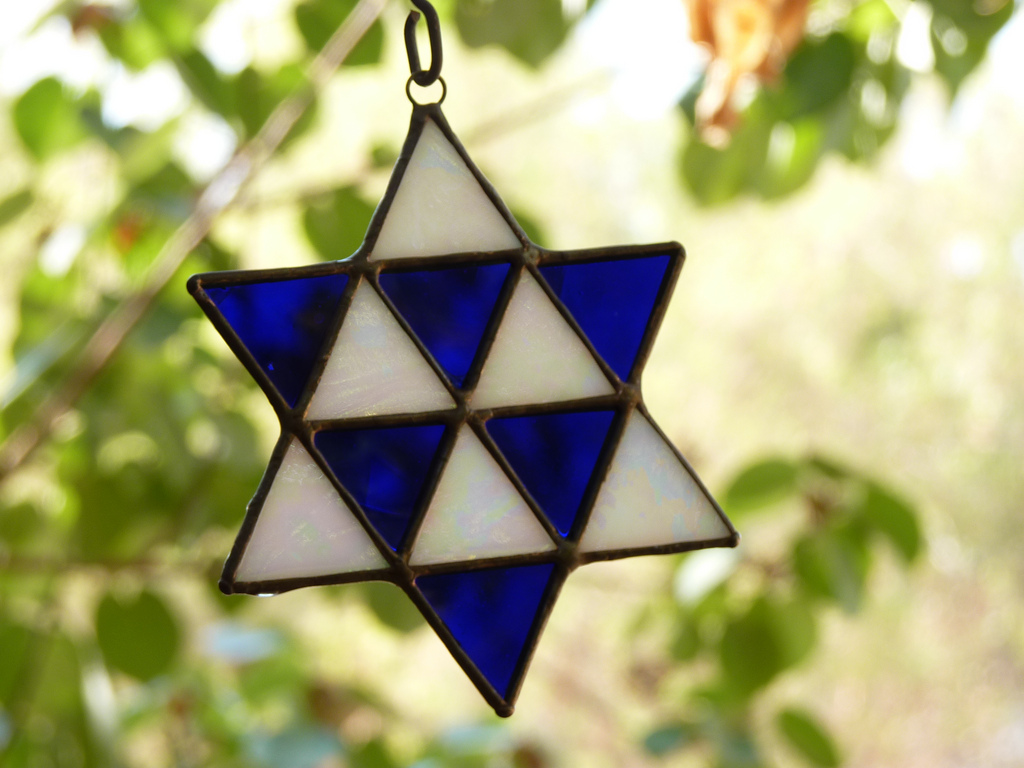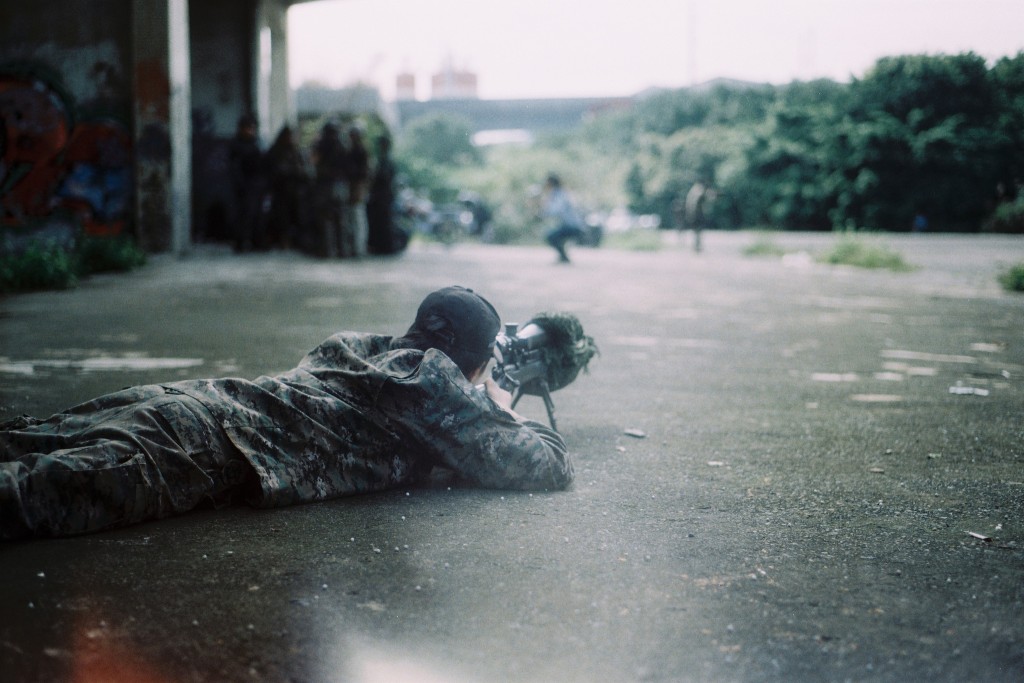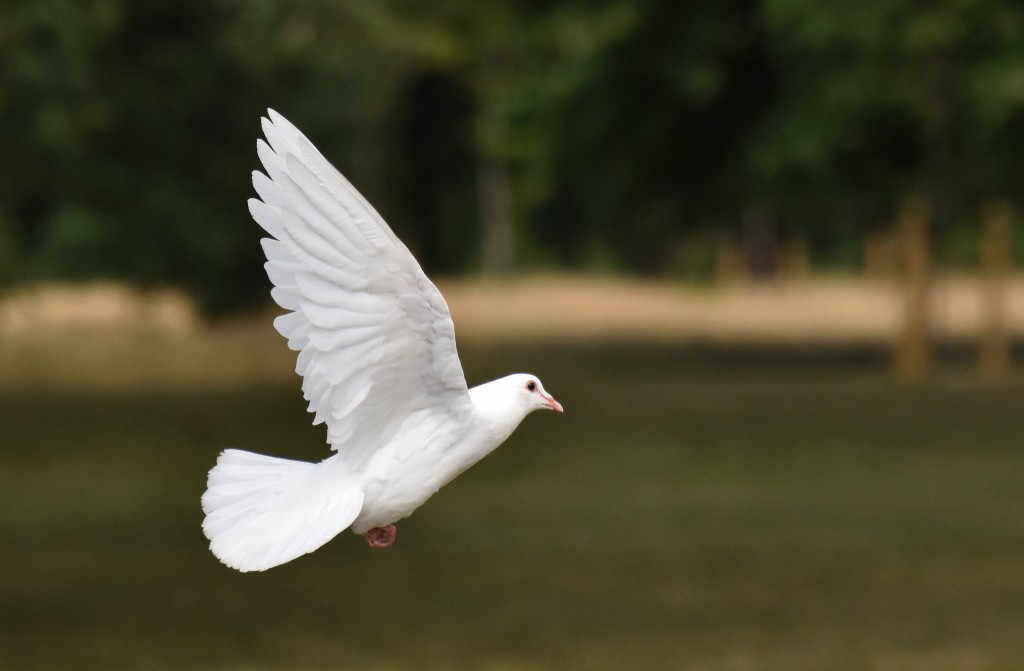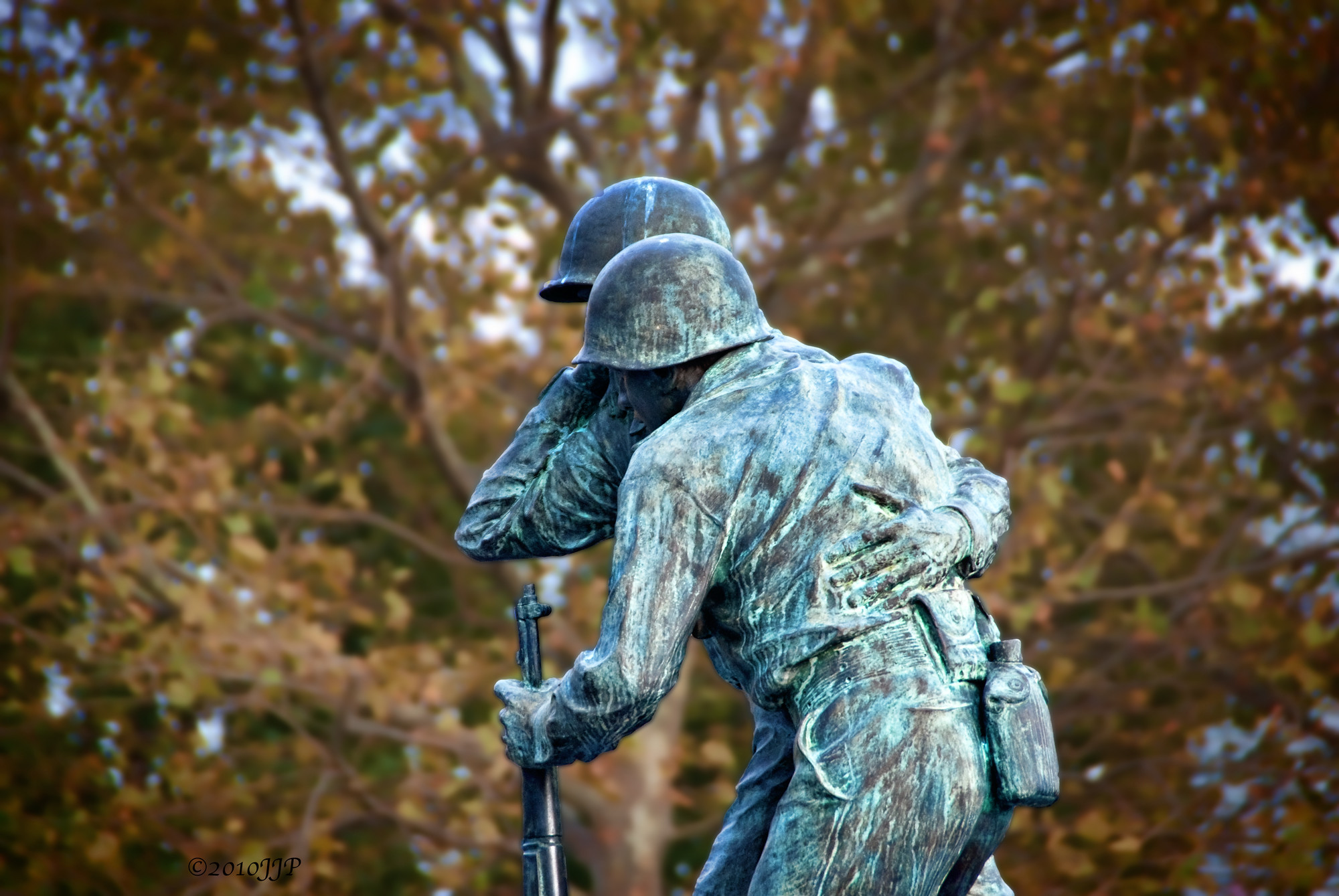On 8 May 1945, Europe celebrated the end of the second world war. Today is a day of remembrance for the millions of people who lost their lives.
In its aftermath of the war, the European Convention on Human Rights was drafted as part of a number of steps to prevent such atrocities ever happening again.
After the war, major war criminals were also put on trial at the international military tribunal in Nuremberg. It sparked the creation of the Universal Declaration of Human Rights, the four Geneva Conventions of 1949, and the Genocide Convention. Here’s why human rights matter, both during times of conflict and peacetime.
Should human rights only apply to the most serious abuses, like genocide?
The short answer is ‘No’.
Crimes like genocide (the systematic killing of a particular group of people) don’t just happen out of nowhere. History shows that human rights violations are usually rife beforehand. They are a warning sign for atrocities like genocide. A lot of these abuses have their roots in discrimination.
For example, before the Holocaust (the systematic killing of Jewish people in Nazi Germany), Jews were legally required to identify themselves by wearing yellow star patches. During the genocide in Rwanda, national identity cards showing ethnicity were relied on to slaughter hundreds of thousands of people. It’s important to stop these abuses before things really get bad. That’s where human rights law comes in.

For extreme situations like genocide, there’s also another legal regime at play: international criminal law (ICL).
How does international criminal law work?
ICL outlaws crimes on a mass scale, including genocide, crimes against humanity (attacks on civilians during war or peace) and war crimes (serious violations of the laws that apply in wartime). These crimes are contained in the Rome Statute of the International Criminal Court. The International Criminal Court decides cases against individuals, to ensure they are held accountable. The judges at the Nuremberg trials said:
Crimes against International Law are committed by [people]…and only by punishing individuals who commit such crimes can the provisions of International Law be enforced.
Nuremberg trials
But the law doesn’t stop there. There’s another layer of law that applies during war: international humanitarian law (IHL).
What is international humanitarian law?

IHL dictates how war must be conducted. It doesn’t apply during peacetime. This type of law has a long history, though it was strengthened after World War II by the Geneva Conventions. It protects those not involved in the conflict and prescribes acceptable methods of armed conflict. For example, using poisoned weapons is illegal.
These branches of law sometimes overlap: a breach of IHL could also be a war crime and/or a breach of human rights.
Why is it important for human rights to apply during war and peace?

Human rights can apply during wartime, as well as peace – this has been confirmed by the International Court of Justice in its Advisory Opinion on the Legality of the Threat or Use of Nuclear Weapons. By demanding that people be treated with dignity and respect, human rights are crucial to protect those subjected to aggression. But the significance of human rights does not only lie in their ability to halt the gravest abuses of totalitarian dictatorships and the like.
We also need human rights during peacetime because they are one of the few protections we have against the actions of our own state. Beyond the realm of armed conflict, human rights are necessary to protect families, children, people in hospital, people with disabilities and many more.
It’s the little things…
Human rights help to prevent smaller steps (like discrimination), in the small places, which could lead to major humanitarian catastrophes, like genocide. They are also needed during peacetime to protect the public against unjustifiable interferences by the state. Although it might be easy to think that ‘human rights abuses’ are limited to serious atrocities, the real power of human rights law is that it can apply anytime, anywhere.
Millions of people were deprived of their rights prior to and during World War II. Millions fought and died for the freedoms of subsequent generations. We remember them today.
Remind yourself why we need human rights to prevent atrocities with our Holocaust memorial day post and take a look at our resources on how human rights protect you.







